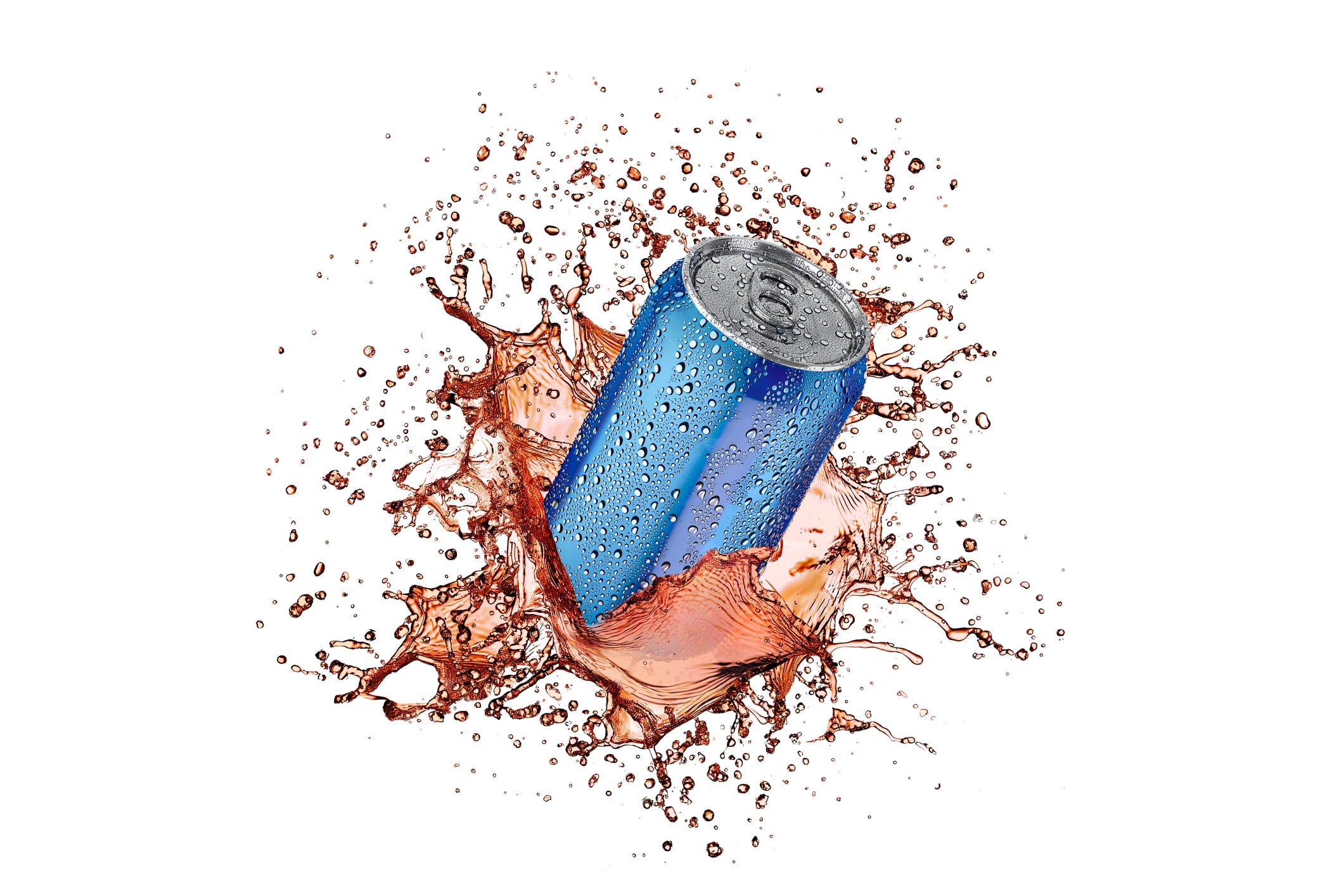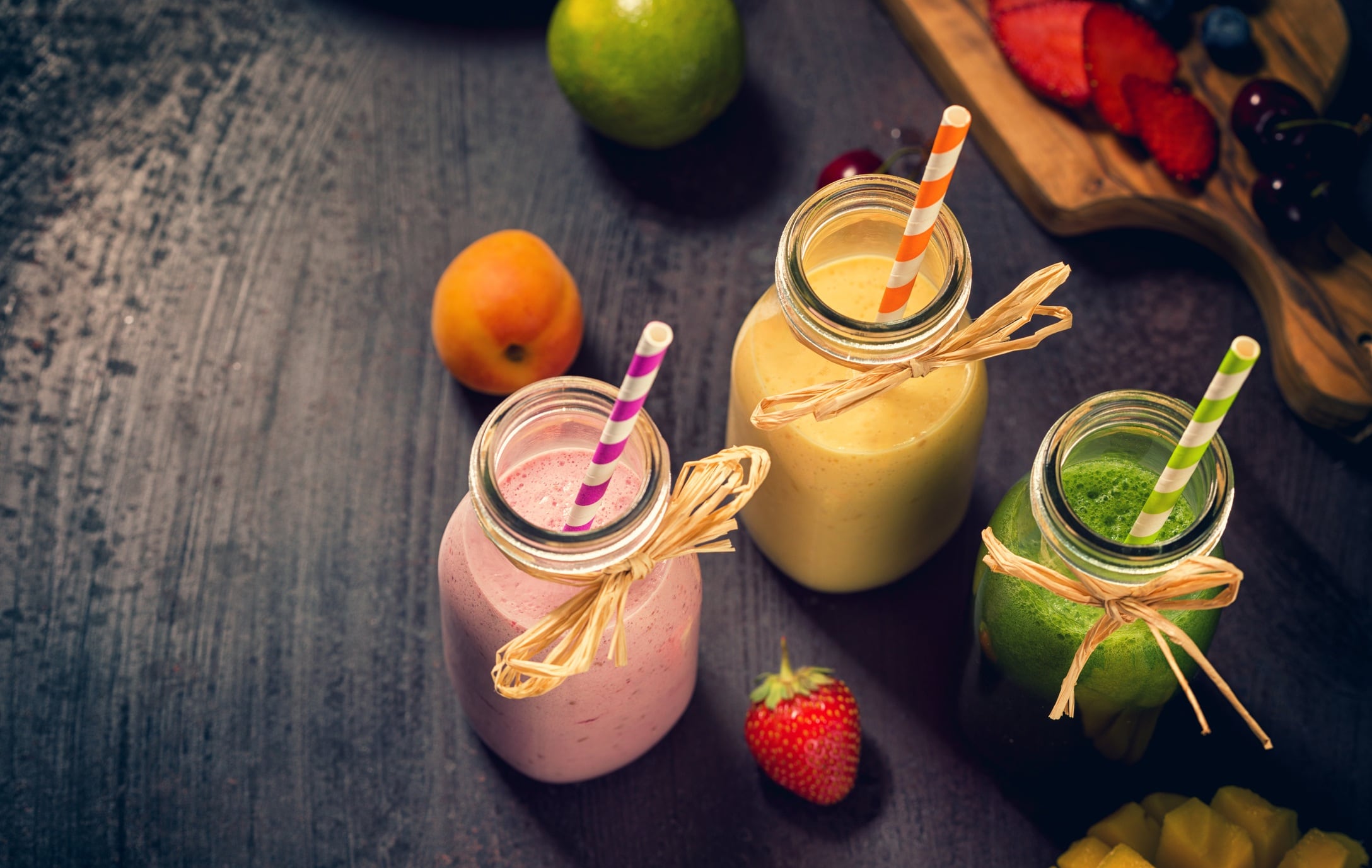Are sweetened drinks worse than sugary ones? Key Liver Risk Summary
- Sweetened drinks raise liver disease risk by 60 percent daily intake
- Sugary drinks increase liver disease risk by 50 percent per day
- Sweetened drinks linked to liver-related deaths, sugary drinks were not
- Replacing either drink with water cuts liver risk by over 13 percent
- Both drink types disrupt metabolism and gut health in different ways
Sugar and sweeteners have both found themselves in the spotlight in recent years, and not for the right reasons.
In different ways, both have been linked to negative health outcomes.
Now, a new study has suggested that both drinks high in sugar and drinks using artificial sweeteners are linked to a greater likelihood of developing metabolic dysfunction-associated steatotic liver disease (MASLD), also known as non-alcoholic fatty liver disease.
Tracking sugary and sweetened drink consumption
The study followed 123,788 participants of UK Biobank, a long-term study of biological samples.
The participants did not have liver disease at the beginning of the study.
To assess their consumption of both sugary and sweetened drinks, the study conducted repeated 24-hour dietary questionnaires.
Through these questionnaires, the researchers explored the association between sugary and sweetened drinks with the risk of developing liver disease.
They also explored the predominance of liver fat accumulation and liver-related mortality.
Links to liver disease revealed
The researchers found a 60% greater chance of developing liver disease from consuming more than 250g daily of sweetened drinks. This is less than a single can.
It also found a 50% greater chance of developing it from consuming the same amount of sugary drinks, a slightly lower risk than their sweetened counterparts.
Follow ups were conducted on average around 10 years later. In that time, 1,178 participants had developed liver disease and 108 had died from liver-related causes.
Higher risk of liver-related mortality was associated with sweetened beverages, but not with sugary ones.
Sugary drinks “have long been under scrutiny, while their ‘diet’ alternatives are often seen as the healthier choice. Both, however, are widely consumed and their effects on liver health have not been well understood,” says lead researcher Lihe Liu.
“These findings challenge the common perception that these drinks are harmless and highlight the need to reconsider their role in diet and liver health, especially as MASLD emerges as a global health concern.”
Why do the drinks pose a risk?
Both sugary and sweetened drinks increase liver disease risk but, suggests Lihe, for different reasons.
Non-alcoholic fatty liver disease is a condition where fat accumulates in the liver, over time causing inflammation and other symptoms such as pain, loss of appetite, and fatigue. It is fast becoming a leading cause of liver-related death.
Sugary drinks may lead to this condition by causing rapid spikes in blood glucose and insulin, promoting weight gain and increasing levels of uric acid (a waste product stemming from the breakdown of purines, a compound found in food). All of these things can lead to the buildup of fat in the liver.
Meanwhile, suggests Lihe, sweetened drinks may alter the gut microbiome, altering feelings of fullness, enhancing cravings for sweetness and even stimulating the secretion of insulin.
Due to the risk posed by both drinks, the researchers suggested, it is important for consumers to cut down on consumption.
Replacing either beverage with water reduced significantly the risk – 13% for sugary drinks and 15% for sweetened.
“The safest approach is to limit both sugar-sweetened and artificially sweetened drinks. Water remains the best choice as it removes the metabolic burden and prevents fat accumulation in the liver, whilst hydrating the body,” Lihe concluded.
Industry response
The industry association International Sweeteners Association has responded to the study.
“While observational studies can highlight population-level trends, they cannot establish causation,” said Laurent Oger, director general of ISA.
“Importantly, individuals often switch to low or no calorie sweetened beverages due to pre-existing health conditions such as obesity, diabetes, or other metabolic disorders, all of which are known risk factors for liver disease. This phenomenon, known as reverse causation, suggests that the observations made may reflect underlying health issues rather than a direct effect of the low or no calorie sweetened beverages themselves.”
Oger goes on to say that evidence from systematic reviews of randomised controlled trials, for example one in 2022, shows that replacing sugar-sweetened beverages with low or no calorie sweetened alternatives can reduce liver fat, body fat and body weight.





